Accès aux centres de recherche des universités ULB et VUB
Un réseau de premier plan constitué de +200 expert de renommée internationale en intelligence artificielle, science des données, IoT et cybersécurité
Our service is designed to empower small and medium-sized enterprises (SMEs) by providing access to top-tier scientific research facilities and expert support. To ensure we meet your specific needs, we start by assessing your requirements to connect and guide you with the most suitable resources within our network of leading academic research centers.
Take the first step towards innovation: schedule a meeting with us to discuss your goals. Together, we’ll explore how advanced technology, state-of-the-art equipment, and expert coaching can drive your digital transformation and scientific growth. Let’s turn your vision into reality.
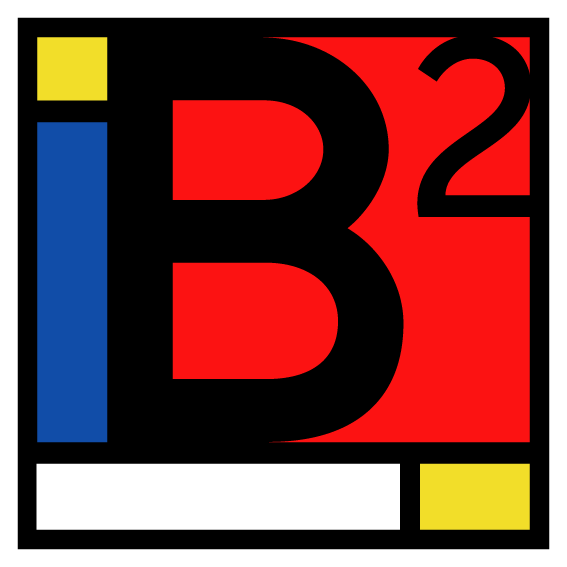
(IB)2
The Interuniversity Institute of Bioinformatics in Brussels ((IB)2) was founded in 2013, bringing together researchers from computer science, life sciences and medicine, both from ULB and VUB, involving, in total, six different faculties. The main objective of the institute is to generate scientific excellence in bioinformatics, computational biology and systems biology.

3BIO-BioInfo
The 3BIO – BioInfo group, or Computational Biology and Bioinformatics group, is specialized in structural and evolutionary bioinformatics and computational systems biology. In the latter topic, the team utilizes the formalism of deterministic and stochastic differential equations to model a variety of biological systems, such as the dysregulation of the human renin-angiotensin system upon SARS-CoV-2 infection, or the relation between intrinsic noise and complexity of generic systems.

AI LAB
The VUB Artificial Intelligence Laboratory, or short AI Lab, was founded in 1983 by Prof. Luc Steels and is part of the Computer Science Department. Over the years, more than hundred researchers have worked at the laboratory. They have built a large number of artificial systems to investigate different aspects of intelligence. The key topics of the AI Lab are reinforcement learning, multi-agent systems, language processing, knowledge representation and reasoning, data mining, computational creativity and computational biology.
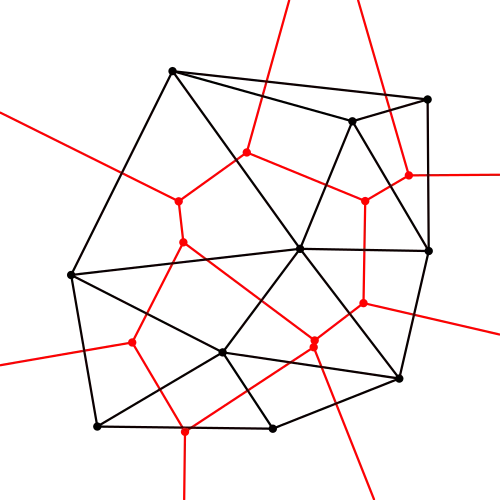
ALGO
The Algorithm Research Group centers its activities on graph algorithms, computational geometry, data structures, optimization algorithms, data compression, and information theory.

BEAMS-µTech
BEAMS-µTech (Micro-Bio-Mechatronics Research Unit) has gathered expertise in mechanical design from micro to macro scale.
The focus is on fundamental aspects related to micromechanics and precision mechanics, microfluidics, surface tension effects and mechanical design of miniaturized products and to biomechanics, such as experimental and numerical analysis of the human joints and patient specific modeling.

BEAMS-EE
BEAMS-EE (Embedded Electronics) research unit is active in the field of embedded systems design and implementation.
Applications include: Telecom, high-performance and low-power systems, industrial devices, scientific instrumentation, power electronics devices, transport and logistics, biomedical devices.
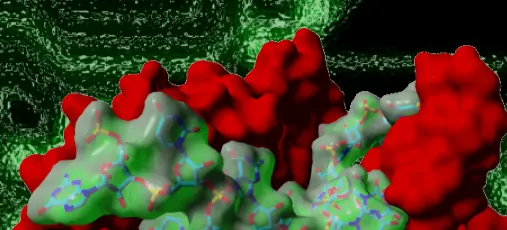
Bio2Byte
The Bio2Byte group is primarily situated at the Interuniversity Institute of Bioinformatics in Brussels, a collaborative interfaculty institute between the Vrije Universiteit Brussel and the Université Libre de Bruxelles. It is located at the the ULB side of the Pleinlaan/La Plaine campus on the 6th floor of the C building.

BRIGHTcore
BRIGHTcore was conceived as an interuniversity platform, servicing both ULB and VUB universities, including their respective university hospitals, Hôpital Erasme & Hôpital Huderf and UZ Brussel. In this platform, heavy – expensive – genomics equipment is centralized and IT infrastructure is made available to perform primary analysis of large genomic datasets.

CoDE-IRIDIA
IRIDIA is the Artificial Intelligence research laboratory of the Computer & Decision Engineering (CoDE) department of Université Libre de Bruxelles. It is deeply involved in theoretical and applied research in computational intelligence.

Cybersecurity Research Center
The center is a federation of 4 well-established research groups in the domains of cryptography, network security, quantum cryptography, and quantum transmission. Each group has a strong international experience and collaborations with the industry.

FARI
FARI, The Artificial Intelligence for the Common Good Institute in Brussels, is an independent, not-for-profit Artificial Intelligence initiative led by VUB and ULB.
This initiative will aim at helping citizens, politicians and companies as well as not-for-profit organizations to address local, every day or long-term challenges in the Brussels-Capital Region, Belgium and Europe.
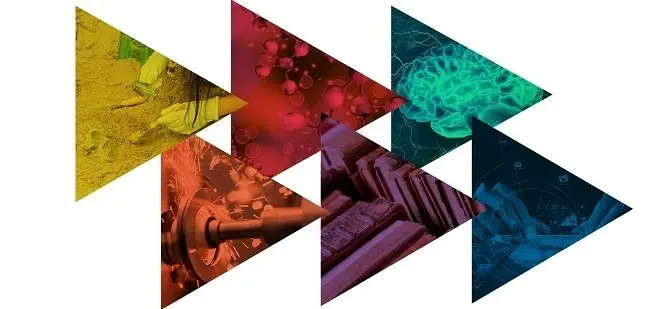
Graphs and Mathematical Optimisation
The research activities of the unit “Graphs and Mathematical Optimisation” cover many aspects of Mathematical Programming with a special emphasis on combinatorial and Network Optimisation.
The main fields of applications considered are location theory, communication network planning, traffic and transportation models, bilevel programming and production planning.

IRIS
Multidimensional signal processing and communication
IRIS is part of the VUB department of Electronics and Informatics (ETRO).
Its research domains include remote sensing, security, industrial inspection, gaming, personalized health systems, e-health, active vision, and multimedia.

LIQ
Laboratoire d’Information Quantique (LIQ) is a research group at the Université libre de Bruxelles (Physics Department), working on quantum information and bio-inspired information processing, both at the theoretical and experimental level.

LISA
LISA stands for Laboratories of Image, Synthesis, and Analysis. LISA is involved in research and teaching in topics of applied sciences such as pattern recognition, image analysis, computer graphics and virtual reality.

MLG
The MLG (Machine Learning Group), founded in 2004 by G. Bontempi, is a research unit of the Computer Science Department of the ULB (Université libre de Bruxelles, Brussels, Belgium), Faculty of Sciences, currently co-headed by Prof. Gianluca Bontempi and Prof. Tom Lenaerts.

MOBI
MOBI stands for Mobility, Logistics and Automotive Technology – Sustainable Mobility and Logistics Group.
MOBI has extensive expertise in evaluating the sustainability of logistics systems and in examining ways of reducing externalities in logistics. MOBI’s main experience in this field covers research on Intermodal transport, city logistics and sustainability impact assessment.

MOBI-EV
MOBI-EV stands for Mobility, Logistics and Automotive Technology – Electric and Autonomous Vehicles.
MOBI has a long track record in the field of Electric and Hybrid vehicles and is internationally recognised for its vast experience and expertise related to vehicles power train design, battery research, environmental assessments, socio-economic evaluations and standardisation.

OPERA-WCG
OPERA-Wireless Communication Group activities focus on new technological solutions for emerging wireless communications systems. Its research aims at characterizing and modeling the communication channel, developing new coding and modulation techniques adapted to the channel characteristics, and defining innovative network architectures.

PANORAMA
PANORAMA is an interfaculty platform for 3D virtual imaging composed of four laboratories of the Université libre de Bruxelles : CReA-Patrimoine, ALIce, LISA, and ATM.
The platform was built on the experience of fifteen years of joint projects and progressive integration of skills. The platform has a multidisciplinary team in the fields of archaeology, heritage, architecture, image engineering, computer engineering and mechanical engineering.
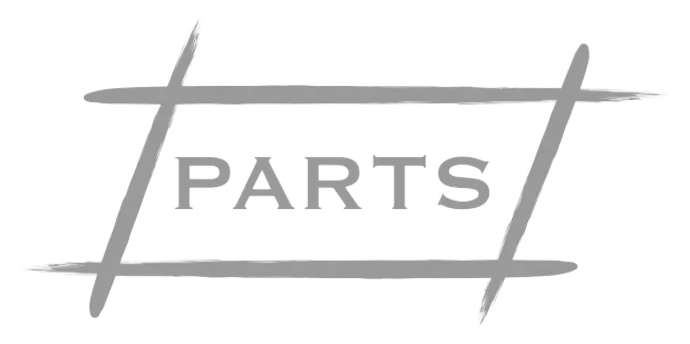
PARTS
PARTS stands for Parallel Architectures for Real-Time Systems.
Created in 2006, it is a transdisciplinary research unit of the Sciences Faculty and the Polytechnic School of the ULB active in the domains of real-time and embedded systems.

QualSec
Quality and security of information systems. The QualSec cryptography and computer security group (formerly known as the Service de Cryptographie et Sécurité Informatique – SCSI) is a research lab of the Computer Sciences Department of the Université Libre de Bruxelles.

QuIC
The Centre for Quantum Information and Communication (QuIC) has been active in quantum information sciences since 2001, with research contributions ranging from fundamental physics questions, such as quantum measurement, quantum entanglement, or quantum nonlocality, to more information-flavored topics, such as quantum communication, quantum cryptography, or quantum algorithms.

SAAS
SaaS (Service d’Automatique et d’Analyse des Systèmes) is the Department of Control Engineering and System Analysis (School of Engineering) of ULB.
The research activities of the SAAS group cover modelling, supervision and control of dynamic systems with a wide range of applications, from aeronautics (drones, more electric aircraft) to energy systems (wind turbines, lithium-ion batteries), robotics and precision agriculture notably.

SMIT
The Studies in Media, Innovation & Technology (SMIT) research group of Vrije Universiteit Brussel and imec is dedicated to shaping the future of technology through interdisciplinary research and collaboration. We offer cutting-edge research and innovation in digital media, communication, and technology.
At SMIT, we boast a team of over 150 researchers. Our work spans a diverse range of themes and tracks, including digital society, media economics, policy studies, and more. We offer invaluable insights into the rapidly evolving landscape of technology and its profound impact on society and business.

SOFT
The Software Languages Lab (SOFT) is a research lab within the Department of Computer Science of the Vrije Universiteit Brussel (VUB). The Software Languages Lab was founded in 2009 as a merger of the Programming Technology Lab and the System and Software Engineering Lab.

SOS
The Scheduling, Optimisation and Security (SOS) lab of ULB focuses its research on the scheduling and optimisation and their applications in telecommunications, energy, critical embedded systems and Industry 4.0.

WISE
The Web & Information Systems Engineering (WISE) Lab is a research unit of the Department of Computer Science at the Vrije Universiteit Brussel and is headed by Prof. Dr. Beat Signer. The activities of WISE concentrate on innovative information systems such as next generation web applications, context-aware applications and cross-media information spaces.
Prêt à accélérer votre innovation ?
Prenez contact pour accéder à des centres de recherche et à une expertise reconnue en matière d'IA, de science des données, et plus encore !
